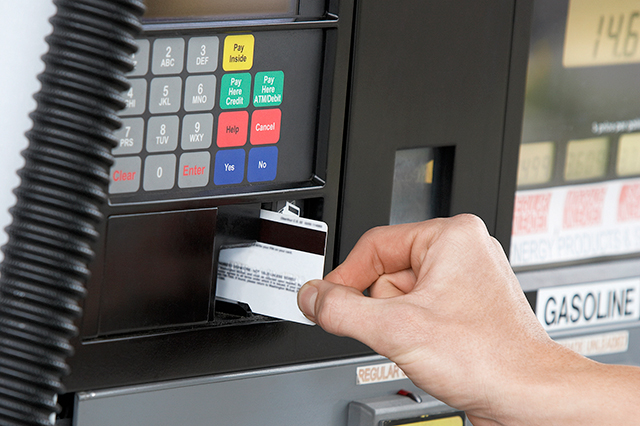If you’re a college student (or the parent of a college student), you may be wondering if you should apply for and use a credit card while you’re in school. Using a credit card in college is a great way to manage your finances, start building credit and earn some rewards. Credit card use does come with some risks, though, so it’s important to think and plan carefully before taking the plunge. Here’s what you should know about credit cards for college students.
Can you get a credit card with no credit?
It is more difficult, but not impossible, to be approved for a credit card if you have no credit history. If you have a job with a decent income that can be verified, you may be eligible for a credit card even without a solid credit history. Here are a few more options for college students with no credit history.
- Apply for a student credit card – Credit cards for college students are designed specifically for college students who may not have a credit history or much income. Student credit cards usually have a low credit limit and a higher interest rate, but they are a great way to start building credit. If you are over the age of 18, have some income, and are a US citizen, you are probably eligible for a student credit card.
- Apply for a secured credit card – Secured credit cards require a security deposit and the credit limit is usually very low. It is perfect for students who may not be eligible for other credit cards, and it’s a good way to start building credit from scratch.
- Apply for a credit card with a co-signer – If you are unable to get credit cards for college students on your own, you may be able to apply for one with a parent or other responsible adult with good credit as your co-signer. The drawbacks to having a co-signer is that whoever you choose will have access to your credit card statements and your spending habits. If you are late or miss a payment, it will affect your credit score as well as your co-signer’s.

How does a college student build credit?
It takes about seven years to build up a decent credit score, so the earlier you start the better. A good credit history will enable you to apply for car loans, cell phone plans, automobile insurance, and some apartment rentals. Aside from applying for your first credit card, which will begin your credit history, here are a few ways to build credit and maintain a good credit score.
- Use your credit card for occasional, small purchases – While it may be tempting to reserve your card for emergencies only, the only way to build up good credit is to actually use your card. Consider putting small purchases like your weekly groceries or gas on your credit card.
- Pay off your balance in full at the end of each month – Paying off your balance at the end of every billing cycle will help you earn rewards and avoid interest fees.
- Don’t use your card for large purchases – If you can’t pay it off at the end of the month, don’t put it on your card. Large purchases like vacations, cars and tuition payments should not go on your credit card.
Make sure you understand the terms of your credit card
It’s important to read and understand the terms of your credit card before you start spending. Knowing a few important key terms and how they affect you will help you choose a credit card and spend wisely once you get one.
- Annual Percentage Rate – If you carry a balance from month-to-month, you will be charged interest. If you think you will carry a balance, look for a credit card with a low APR. Some credit cards offer a low, or even 0 percent APR, as an introductory rate. While a low introductory rate can be a great incentive when applying for a new card, it’s important to remember that the rate will go up after six months or a year.
- Fees – Many secured and student credit cards charge an annual fee. Other fees to be aware of are cash advance transaction fees, foreign transaction fees and late fees. Consider the likelihood of having to pay these fees before applying for a credit card.
- Rewards – Credit card issuers often offer incentives to encourage people to apply for and use their cards. If your credit card comes with a rewards program, make sure you understand how it works so you can take full advantage of it. Rewards may include cash back on certain purchase categories or points you can earn toward travel or merchandise.
Are you a college student? Do you have any credit card tips to share with other readers? Leave a comment below.















